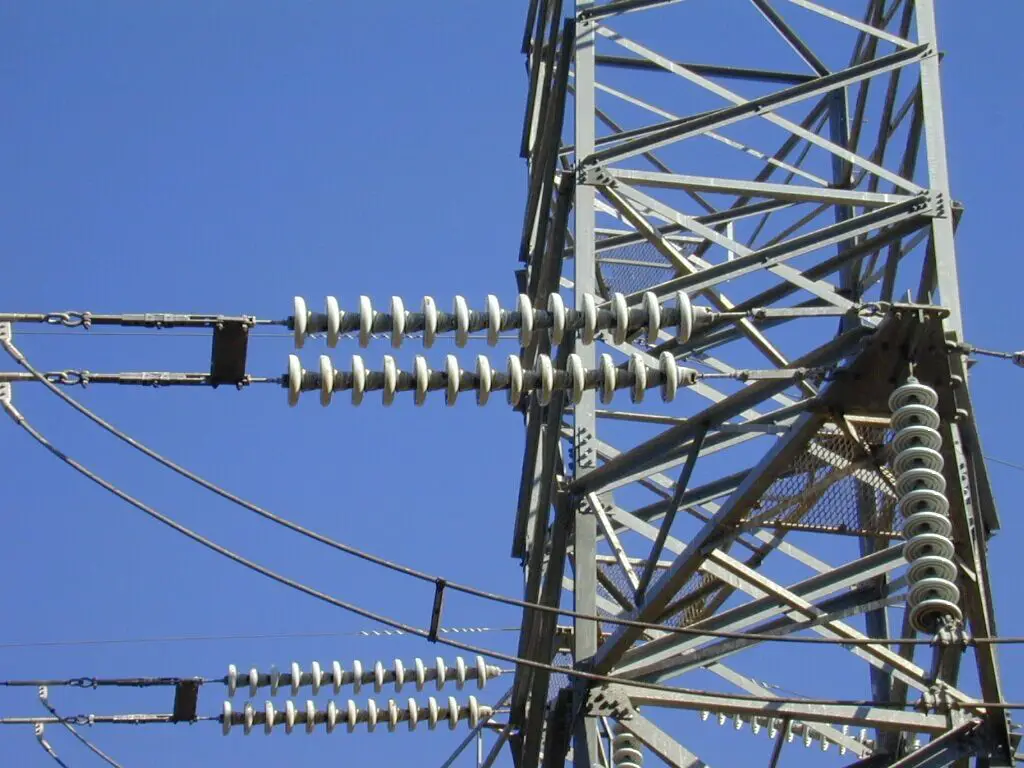The demand for electricity in Africa has grown considerably with the rise in population. To satisfy this demand, electricity utility companies have been compelled to improve the efficiency of their transmission lines.
The efficiency of the power transmission is based majorly on the continuity of the electricity supply, avoiding outages that cause economic losses for the users. However, power insulators pollution has been identified as a major impediment to the continuity of electricity supply.
This pollution is one of the main causes of flashover in insulators. The insulator’s functionality starts to deteriorate when the pollutants in the air settle on the surface of the insulator and combine with the humidity, rain, or dew. This mixture forms a layer that can become a conductor which allows the passing of currents that will lead to a short circuit. This is as a result of a decrease in the resistance of the insulator surface, which may cause a possible flashover that leads to a short circuit.
The pollution degrades the insulators and severely affects the electric characteristics, causing the power insulator to malfunction.
The probability of appearance of fault situation depends on the type and material of the insulator, the weather of the zone, the type and level of pollution, as well as the working voltage of the insulator.
Reducing the effect of pollution
Electricity utility companies should be able to prevent the interruptions of electricity supply caused by contaminated insulators through implementing certain methods. Most of the methods of pollution control are mainly based on:
- Analyzing the severity of the pollution, that is, to establish ‘zones of pollution’.
- Controlling the situation of the pollution on the insulators, to determine when a cleaning or maintenance of the insulators is needed to prevent contamination.
- Comparing the behaviour of the different designs of insulators (form, length) and/or of the materials of the insulator that are going to work under contaminated environments.
- Correct election of the insulator type, maintenance of the insulators and elimination of the source of pollution.
The effect of pollution will depend on the region and on the efficacy of the maintenance plans and the correct election of the insulator type.
Maintenance of the insulator
It is highly advisable to have a maintenance plan for zones where there is pollution like industrial areas, besides a good election of the insulator. In this case cleaning the insulators should be a priority. This is prevalent in areas with severe environmental pollution or low rain probability; making it necessary to eliminate the pollutant layer on the insulator through cleaning the insulator.
This maintenance can be done when the system is energized, wash in hot, or de-energized. The later method is used when another method cannot be applied by technical reasons or when the adhesive characteristics of the pollutant, require the use of wash with chemical solutions to recover the insulation level. Many times, the wash is carried out by hand.
Elimination of the pollutant sources
Elimination of the source of contaminant is only possible when the type of contaminant is industrial, because it is quite difficult to eliminate other contaminant sources from deserts, sea etc.
The decrease in pollution will mainly depend on: the type of insulator, the maintenance, the increase of the number of elements in the chains of insulators, the increase of the leakage line, a better design of the insulators, and the new materials. Insulators are subjected to conditions of the place in which they are installed. These conditions can vary extensively from one place to another, depending on the characteristics of the region considered. These characteristics make it possible for the level of insulation required to vary in a same line, when the levels of pollution are different for all the line.
The weather factors influence in a very major way the growth of the pollution levels in a region. Usually the insulators show a significant change in their natural operation when they are exposed to severe environmental conditions. It is therefore important to keep in mind the environmental conditions and pollution levels of the zone; plus according to Gabriel Enachescu of Eximprod Power Systems a market leader for a wide range of electrical products and equipment in Romania, the certification level of the insulator during installation and choose an adequate insulator of an overhead electrical line.

